This book explores the political and personal life of Mahatma Gandhi through the traumatic period, 1946-48, which saw the partition and independence of India, and the worst-ever communal holocaust in the subcontinent. The book unfolds how partition came about even as Gandhi’s strongest convictions were against such a division. The author traces Gandhi’s role within and outside the Congress and describes how the Mahatma was politically sidelined from the very start of the negotiations for the transfer of power. The result was that when the Congress agreed to the partition of Bengal and Punjab in March 1947, it did not even consult the Mahatma; he was "in the picture", but out of accord with Congress policy. Sensing that his political views counted for less and less, Gandhi accepted the reality of partition – though he could never personally reconcile to it – and turned his attention to dousing the raging communal fires. Thus, his astonishing Noakhali pilgrimage, and his fasts in Calcutta and Delhi which gained him both unprecedented admiration and ultimately cost him his life. The overriding impression of the period is that of a man walking alone, holding steadfast to his conscience and convictions as his only true guides in a situation which both saddened and bewildered him. The book also offers some clues to help unravel the enigma of Mahatma Gandhi’s personal life and discusses his fasts and the controverisal brahmacharya experiments of his last years.
Walking Alone: Gandhi & India’s Partition
In stock
Free & Quick Delivery Worldwide
reviews
Bibliographic information
Title
Walking Alone: Gandhi & India’s Partition
Author
Edition
1st ed.
Publisher
Vision Books Pvt. Ltd., 2007
ISBN
8170944457
Length
152p.
Subjects

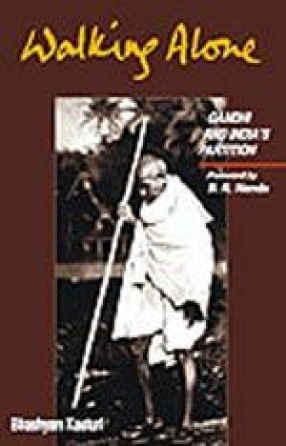
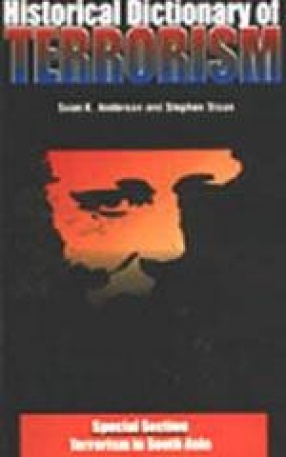
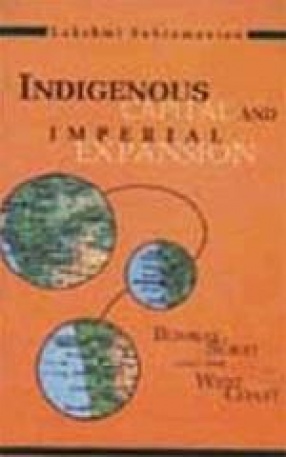
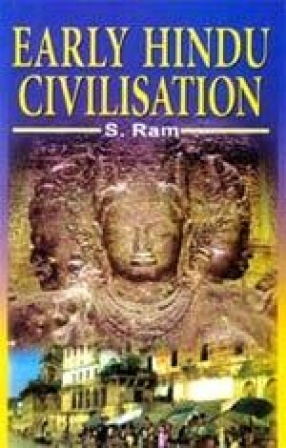
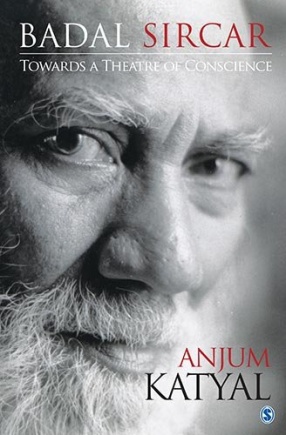
There are no reviews yet.